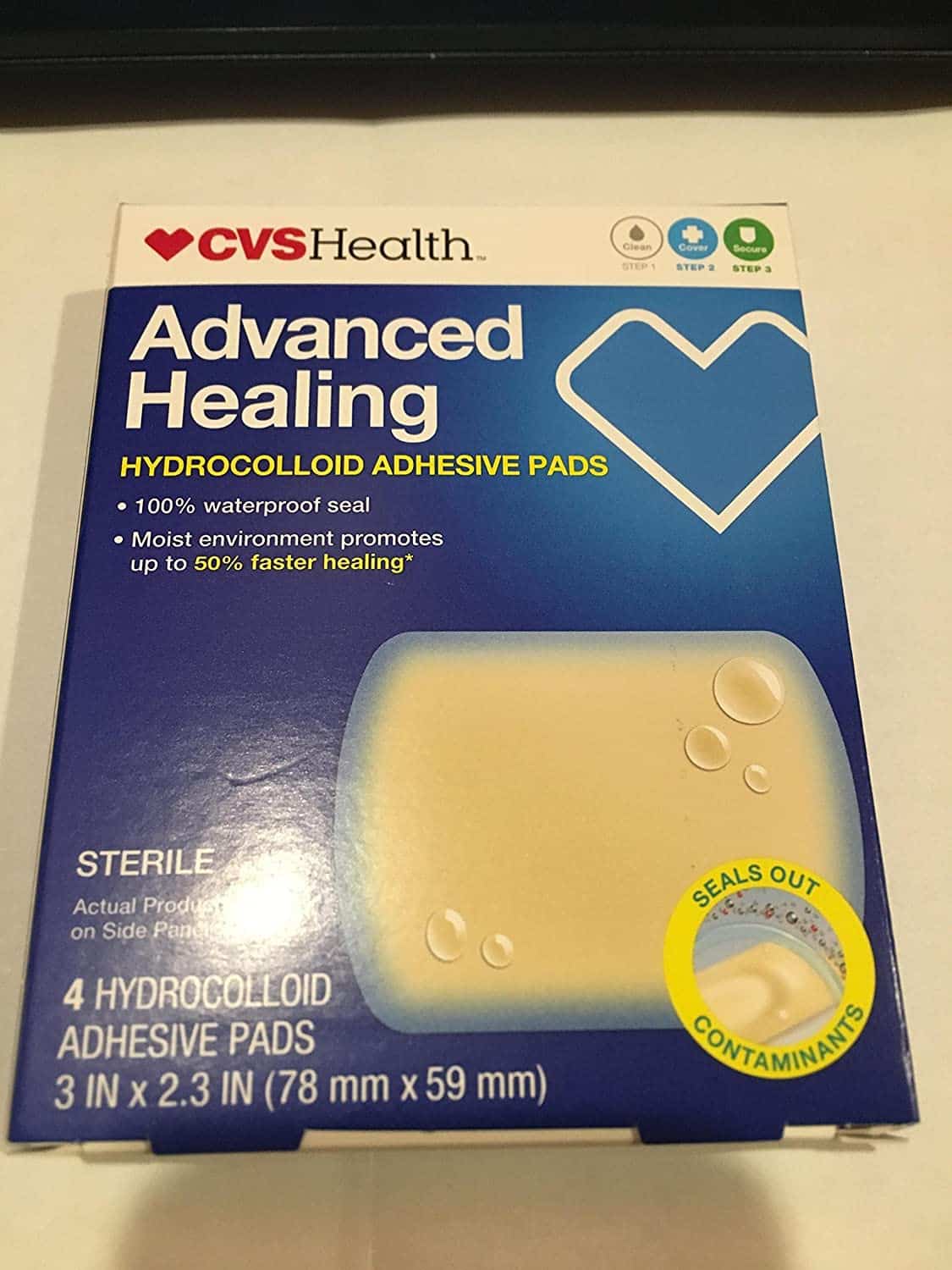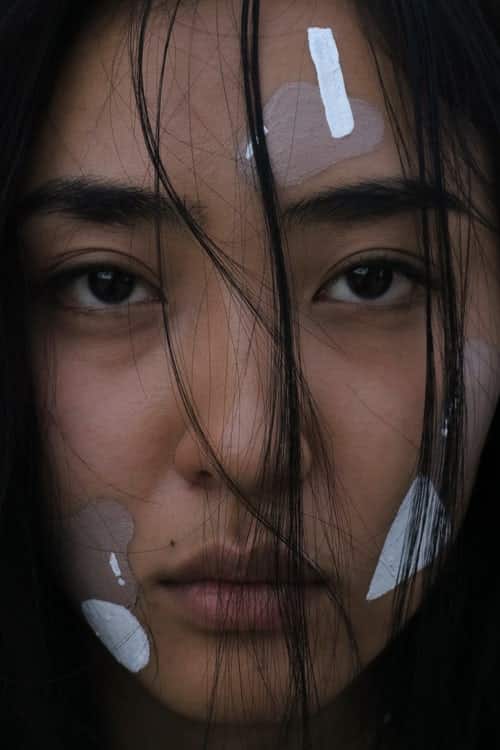Hydrocolloid bandages are non-adherent dressings that adhere to the skin and hair on the surface. They provide a protective barrier against bacteria, reduce inflammation, and promote the healing of wounds by absorbing exudate fluid.
The question is: do hydrocolloid bandages work for blackheads? It’s hard to say because there haven’t been any studies done on this topic yet. Fortunately, this blog post will help you find out if it’s an ideal solution. Read on!
How Do They Work for Blackheads?
1. They Work Just like Blackhead Strips
Hydrocolloid bandages are commonly used to treat acne, but they’re also practical for removing blackheads. They work the same way as pore strips do – removing oil and dead skin cells from the skin’s surface.
The only difference is that these dressings don’t contain adhesive materials so that they won’t pull on your skin during removal. That makes them ideal for people who have sensitive skin or struggle with frequent breakouts.
2. They Provide a Gentle Exfoliation
Exfoliating regularly helps remove dirt, oils, bacteria, and dead skin cells stuck in the pores. When you use blackhead strips, they create a gentle exfoliation by removing sebum and the outermost layer of the epidermis.
However, hydrocolloid bandages contain ingredients that help remove surface dirt and oil trapped within the pores. They’re perfect for people who need deep cleaning for their skin or suffer from acne.
3. They Can Treat Perioral Dermatitis
Perioral dermatitis is an inflammatory skin condition that affects the area around the mouth. Causes of the disease include allergic reactions, topical steroid withdrawal, clogged pores, and many others.
If you try to unclog your pores with blackhead strips, it may cause irritation or further damage because their creation includes adhesive materials. Luckily, hydrocolloid bandages don’t contain these materials, so they’re perfect for people who have sensitive skin.
4. They Won’t Damage Your Skin
Blackhead strips contain cellulose, adhesive materials, and iron oxide. These ingredients can cause redness and irritation in some people. Hydrocolloid bandages don’t have these materials, so they’re ideal for people with sensitive skin who want to remove blackheads without damaging their skin.
5. They’re Great for People Who Want to Avoid Parabens and Sulfates
Parabens and sulfates are common ingredients in beauty products that can cause skin irritation. Although they’re safe to use, some people prefer to avoid them because of the risks of developing allergies. If you’re trying to avoid these ingredients, hydrocolloid bandages are a safer option than blackhead strips
How Do You Use Them for Blackheads?
1. Cleanse the Area First
It would help if you cleansed your face before using a hydrocolloid bandage. That helps loosen up any dirt and sebum within the pores of the skin. Therefore, they adhere better to each other, resulting in better exfoliation.
2. Activate the Pack
You have to activate the bandage before using it. Peel back one corner of the sticker and wait until the clear adhesive paper gets exposed. Remove all white protective paper because it will remain on your skin when you remove the dressing from your face. It’s important not to stretch out or tear apart hydrocolloid dressings because they’re sensitive to heat and pressure.
3. Apply Them Directly onto Your Skin
Apply a thin layer over a clean face in circular motions for about 10-15 minutes or until it dries completely. Hydrocolloid bandages form a tight seal against the skin. However, you shouldn’t apply tightly since they could adhere to your hair and result in discomfort when you remove them.
4. Remove It Slowly
Like conventional blackhead strips, you have to remove hydrocolloid bandages with lukewarm water or by peeling them off in the opposite direction of hair growth. It’s important not to pull these bandages off quickly because that can irritate your skin.
Some people find that washing their face with warm water before removing the dressing helps loosen up any dirt within the pores. That way, there’s less risk of pulling out hairs or irritating their skin when taking off the hydrocolloid bandage.
5. Use Them Regularly for Best Results
Hydrocolloid bandages gently exfoliate your skin by removing the top layer of dead cells. You can use these strips regularly, even daily, if you want because they don’t damage the skin or cause irritation.
Some people recommend using clean hands instead of tweezers to remove blackhead strips so they won’t touch any bacteria on the skin.
What’s the Evidence?
Since there hasn’t been any research on this topic yet, it’s hard to say if hydrocolloids will work for your blackheads. But since they do work for acne, it’s safe to assume that they will have similar effects. Read this study if you want to learn more about how hydrocolloids work on acne.
What’s the Deal with Do-It-Yourself Kits?
Some people prefer using hydrocolloid bandages instead of blackhead strips because these DIY kits come with an exfoliating tool of their own – a comedone extractor. Using your hands might not be as effective at removing blackheads. You could end up missing some spots and irritating your skin. That can lead to more acne problems and uneven skin tone, which is why many people opt for comedone extractors.
What Are the Risks?
The absence of research doesn’t mean that there are no risks associated with using hydrocolloid bandages to remove blackheads. Here are some of the potential side effects if you use these products often or incorrectly:
● Irritation due to removing hair from deep within your pores
● Stained facial hair
● Stained skin around the area of the bandage
● Skin rashes due to harsh ingredients in blackhead strips
● Irritated skin from excessive heat and pressure found in conventional blackhead strips

Can You Buy Products Containing Hydrocolloid Bandages?
If you’re into natural remedies, you can find various products containing hydrocolloids, such as apricot kernels and activated charcoal powder. If you want something more convenient and easier to use than DIY masks and peels, some commercial products specially formulated for blackhead removal are available on Amazon for between $10-20.
Do Hydrocolloid Bandages Work for Blackheads?
So, are hydrocolloid bandages worth it for blackheads? That’s a tricky question to answer. We can say that they seem to be effective at reducing the size of pores and have been shown in some studies to reduce acne by up to 50%.
